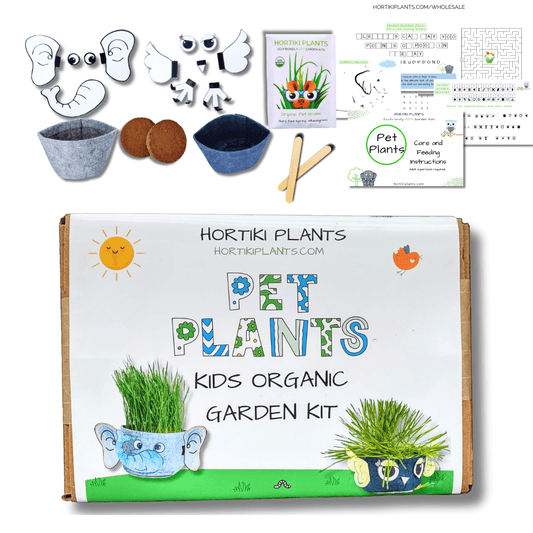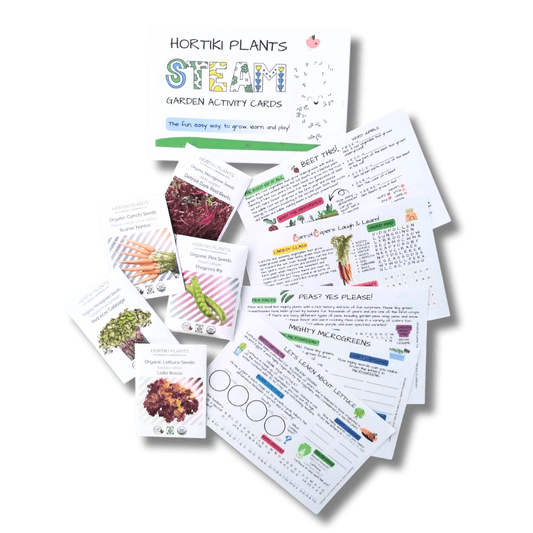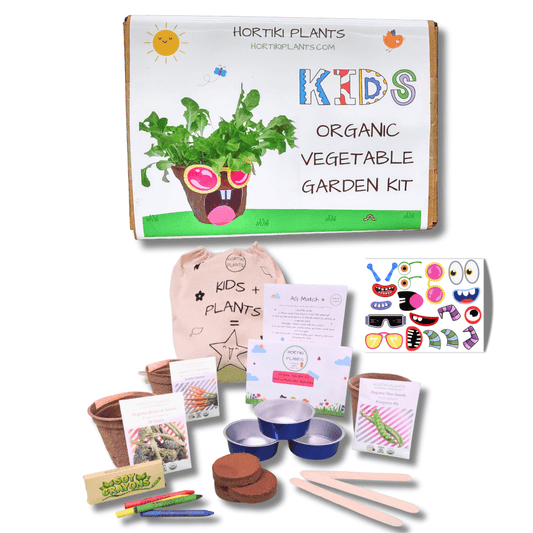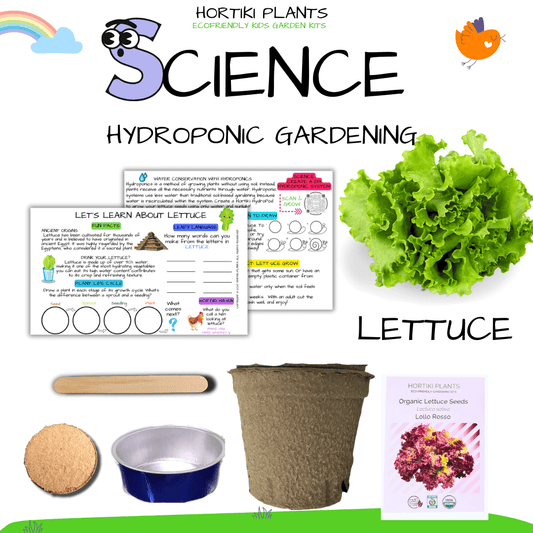
If you're looking to optimize your health and your life—to feel more energized, more engaged, more alive—there's a simple truth backed by research: how you spend your time matters more than you think.
Researchers call what you're looking for "zest for life"—that capacity to feel energized, engaged, and invigorated by being alive [1]. It's not luxury. It's fundamental to wellbeing. And here's what matters: it's not something you're born with or without. It's something you cultivate.
But how?
The Answer Lies in How You Spend Your Time
The answer isn't motivation or willpower or a better life situation. The answer is embedded in a specific type of activity that humans have engaged in for millennia: play.
Now, before you think "play is for kids," listen to what research actually says. Play, for adults, is defined as a voluntary, self-directed activity that is intrinsically pleasurable and focused on the process rather than the end goal [2]. When you're in a play state—when you're doing something you've chosen, that engages your mind and body, that you're absorbing in for its own sake—something shifts neurologically. New brain circuits form. Resilience increases. Stress decreases [3].
But here's what matters most: when adults engage regularly in activities with these play characteristics, their experience of life transforms. Zest for life grows.
What Does This Look Like in Real Life?
It looks like someone choosing to spend Saturday morning in the garden, not because they have to, but because they want to. It looks like picking up a paintbrush. Going for a walk with curiosity instead of obligation. Playing music. Building something. Cooking with attention instead of rushing through a checklist.
What these activities share isn't the specific task. It's that they're voluntary, active, meaningful, and process-focused. They're tools of play. And when used consistently, they cultivate zest for life.
Research on gardening—one specific tool of play—found something remarkable. People who regularly garden report significantly higher life satisfaction, more energy for everyday life, better health, and higher levels of optimism [4]. But here's what's crucial: these benefits didn't stay confined to gardening time. They blended into how people experienced their entire lives [4].
The transformation happened not because gardening is magic, but because gardening embodies what play is. It's voluntary. It's engaging. It's meaningful. It's process-focused.
And that's what cultivates zest for life.
Why This Matters Now
In our lives of obligation and screens and efficiency, we've largely eliminated the space for play. We've optimized away the very activities that rewire our brains for resilience and joy. We've traded zest for productivity.
The antidote isn't dramatic. It's simple: reclaiming time for activities that have the characteristics of play. Roughly 2.5 hours per week of intentional, active engagement—whether gardening, creating, exploring, or building—correlates with measurably improved mental wellbeing and life satisfaction [6].
That's doable. That's accessible. That's a genuine pathway to transformation.
Your Transformation Stars Now!
You don't need to overhaul your life. You need to identify what activities embody play for you. What makes you feel voluntary, active, engaged, and alive? What pulls your attention because you want it to, not because you should?
When you find that—and commit to it consistently—something shifts. You feel more energy. More optimism. More aliveness. Not just in that moment, but in how you move through the world.
That's zest for life. That's transformation. And it starts with a simple choice: to reclaim time for play.
Download our free guide Cultivating Zest for Life to discover the tools of play that will awaken your own sense of aliveness—and explore how you can bring these practices into your everyday life and community.
The Propagating Play™ 4P System
This is the Transform pillar in action. The Propagating Play™ 4P System is built on a simple truth: nature and play are essential tools for joy, resilience, and connection—at every stage of life.

Each pillar works together to help us—and our communities—thrive through nature and play.
References
[1] Roy Chowdhury, Madhuleena. "Zest In Positive Psychology: Satisfaction In Life And Work." Positive Psychology, https://positivepsychology.com/zest/.
[2] Peter Gray, Ph.D. "What Exactly Is Play?" Scholarpedia, 8(30578), https://doi.org/10.4249/scholarpedia.30578
[3] National Institute for Play. "The Basics." https://nifplay.org/what-is-play/the-basics/
[4] Waliczek, T. M., J. M. Zajicek, and R. D. Lineberger. "The influence of gardening activities on consumer perceptions of life satisfaction." HortScience, vol. 40, no. 5, 2005, pp. 1360-1365.
[5] Soga, M., K. J. Gaston, and Y. Yamaura. "Gardening is beneficial for health: A meta-analysis." Preventive Medicine Reports, vol. 5, 2017, pp. 144-150.
[6] Lamb, S. J., et al. "Associations of time spent gardening with mental wellbeing and life satisfaction in mid-to-late adulthood." Landscape and Urban Planning, vol. 233, 2023, p. 104697.




